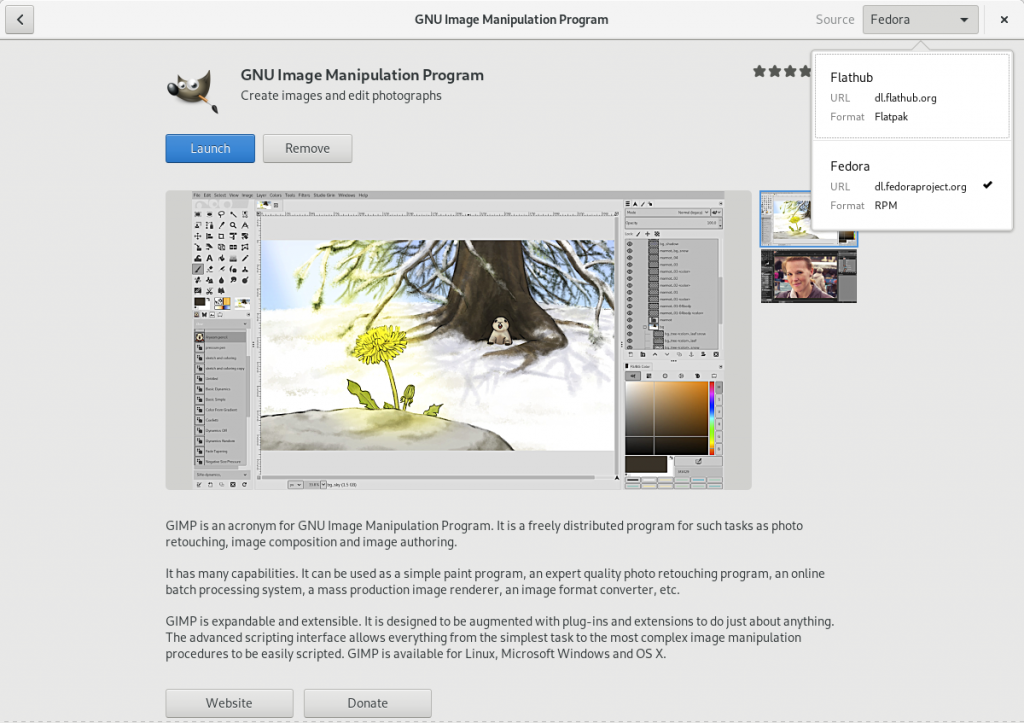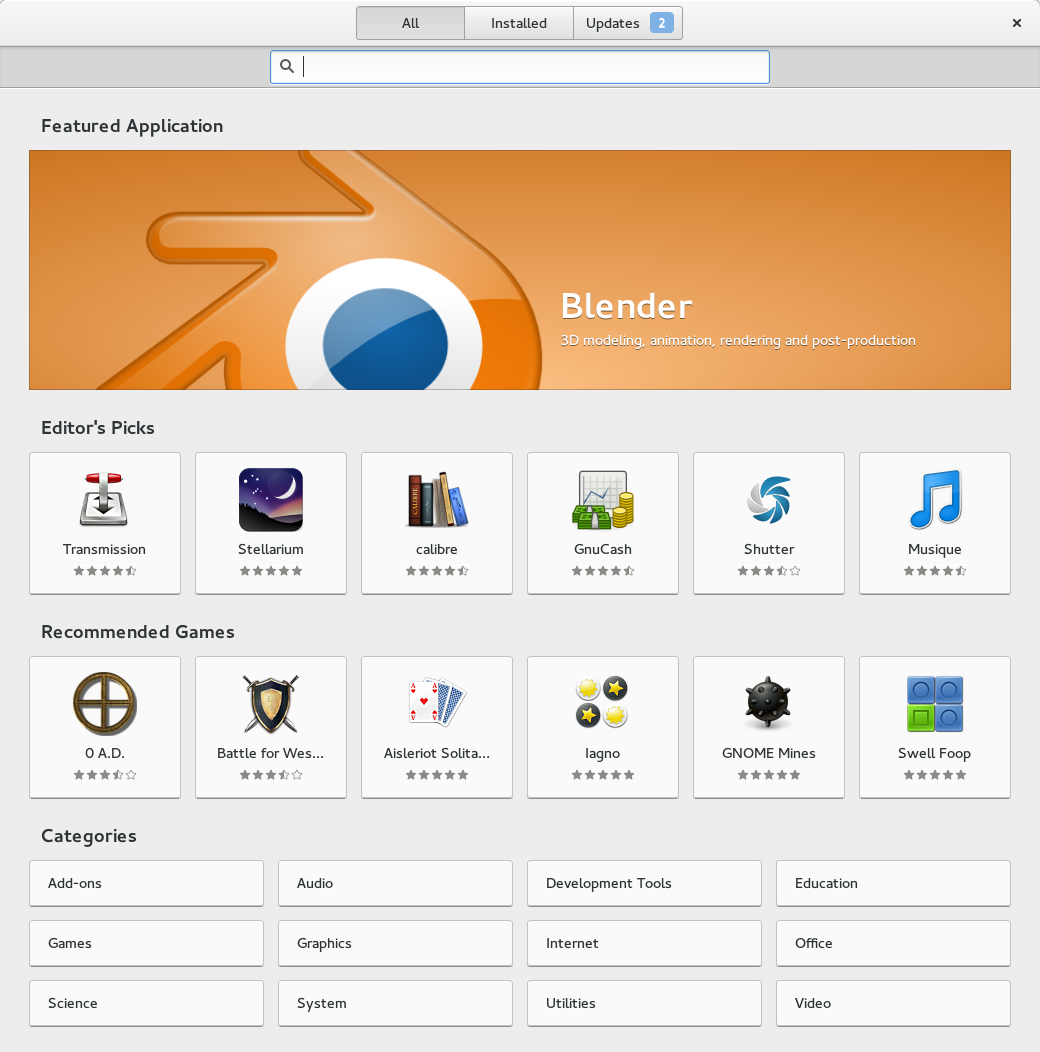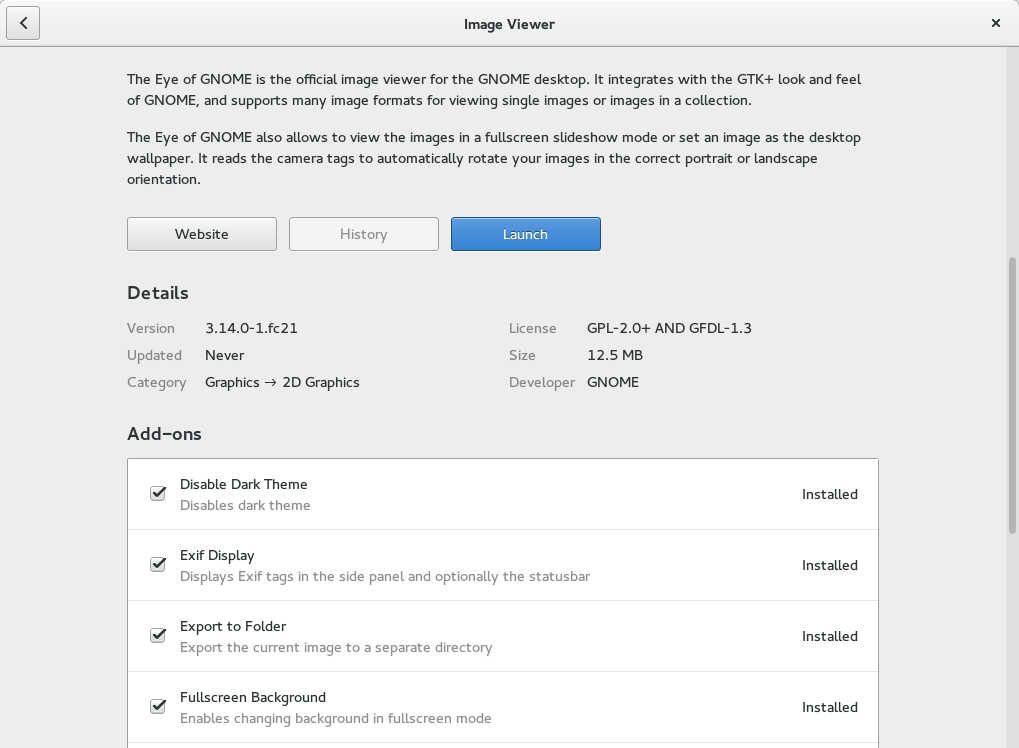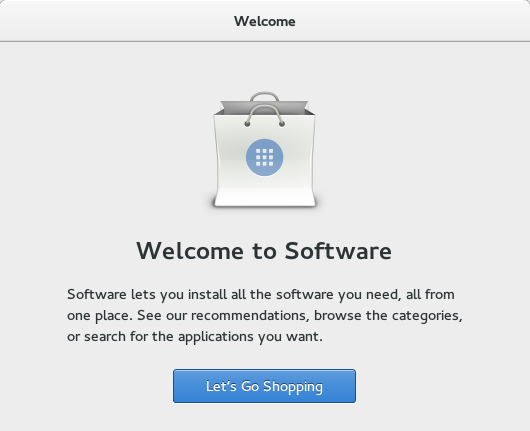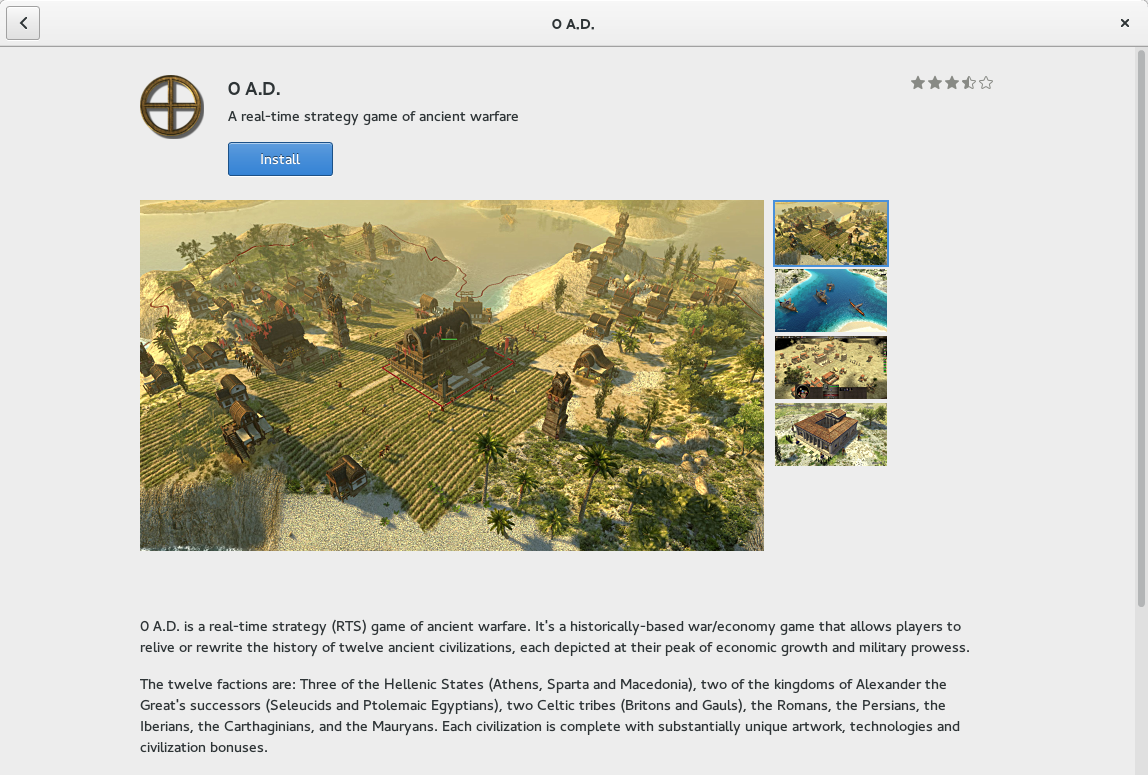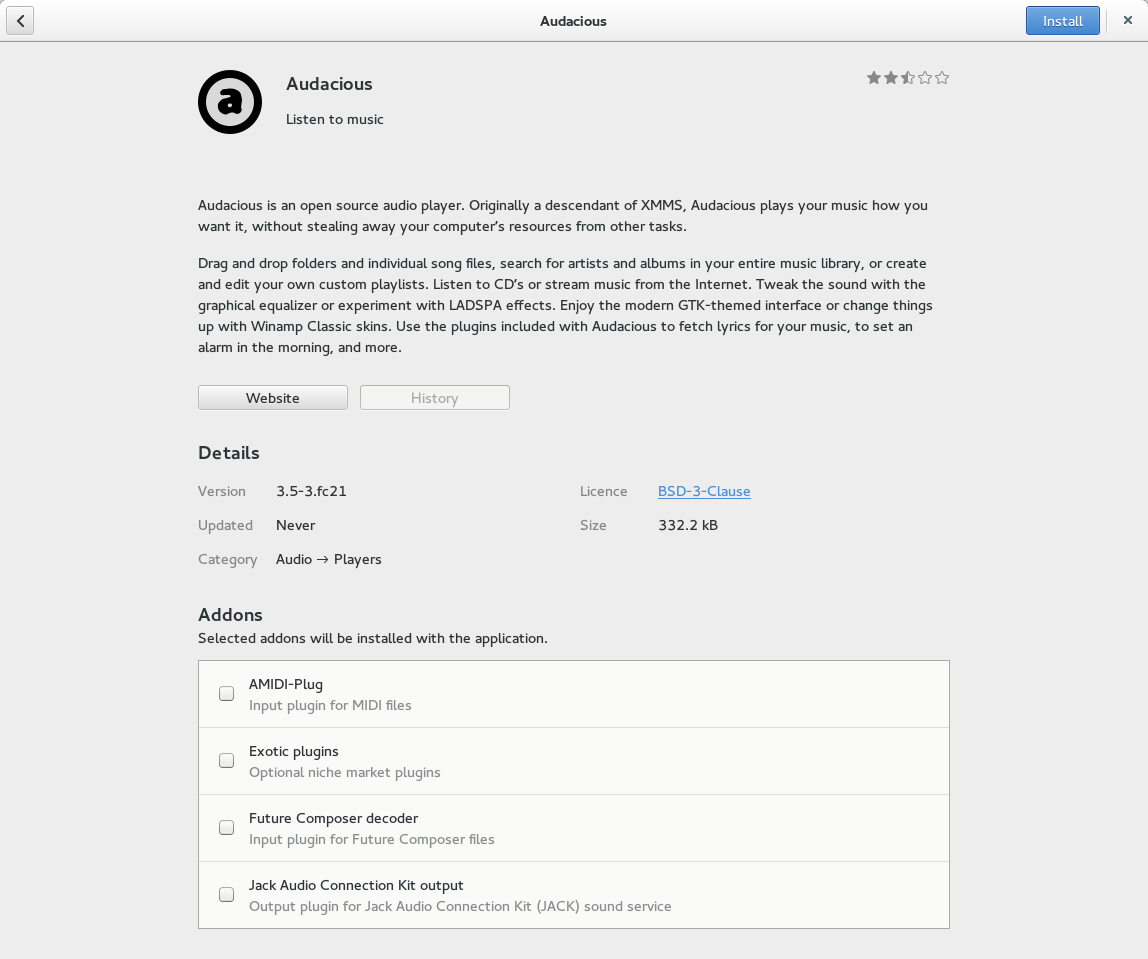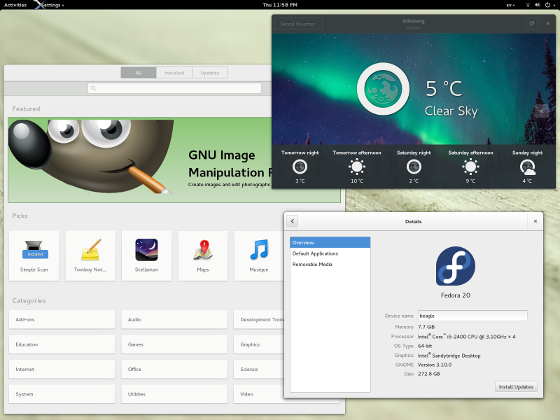It’s hard to believe that it’s already the end of September. The summer is over, unfortunately, and school is in full swing.
Yesterday was the firm pencils down date which marks the end of this year’s Google Summer of Code program, and my internship with GNOME.
Yesterday was also the GNOME 3.10.0 tarballs due date, and I’m proud to have my work included in core modules.
The internship was roughly divided into two. The first half was from late June until GUADEC, and the second half ended just now. My work with the Date and Time settings was also naturally divided into two – one part was redoing the Date and Time panel in gnome-control-center, closely following Allan Day’s mockups, and the other part was implementing a new plugin for gnome-settings-daemon that handles geolocation.
This is all now completed. The new control centre panel landed in GNOME 3.9.90, and the settings daemon plugin in 3.9.91. If you are running Fedora 20, it’s already available there.
My work was not only limited to these two modules. As they say, “When something is broken, fix it” – and I tried to follow that principle as much as I could. This meant adding support for GtkListBox in Glade; adding new listbox API in GTK+ and fixing listbox accessibility issues there; adding new time format modifiers in glib; fixing crashers in geoclue and so on. Whenever things got in my way, I would fix them instead of adding workarounds in my own code.
One of the highlights of the internship was GUADEC. Since the GNOME team is all scattered around the globe (or at least I thought so, previously!), it was a rare opportunity to meet other gnomies face to face.
Truth be told, I’ve now discovered that I am not alone – Andreas Nilsson and Mattias Bengtsson are also from Gothenburg and we are now regularly getting together. If anyone else from that part of Sweden is reading this, please join us for the 3.10.0 beers: https://wiki.gnome.org/BeerInGothenburg/Version3.10
Although the GSoC is over, I will still be around and are going to continue maintaining the gnome-settings-daemon datetime plugin and the gnome-control-center datetime panel. My plans for the 3.12 cycle include splitting out the control centre CcTimezoneMap widget and other related code into a separate library to be able to share code between control centre, settings daemon, gnome-initial-setup, and distro installers.
It has been a productive summer for me and I hope I’ve managed to make the corner of GNOME I worked on more pleasant to use. None of this would have been possibly without my excellent mentor Zeeshan Ali and his work on the geolocation libraries. I would also like to extend big thanks to Bastien Nocera, Rui Matos and Matthias Clasen – thank you, without your code reviews and help I would not have been able to land my work.
Hope to see everyone around, and I hope other GSoC interns are going to stick around as well. Thanks for having me, and happy hacking!
